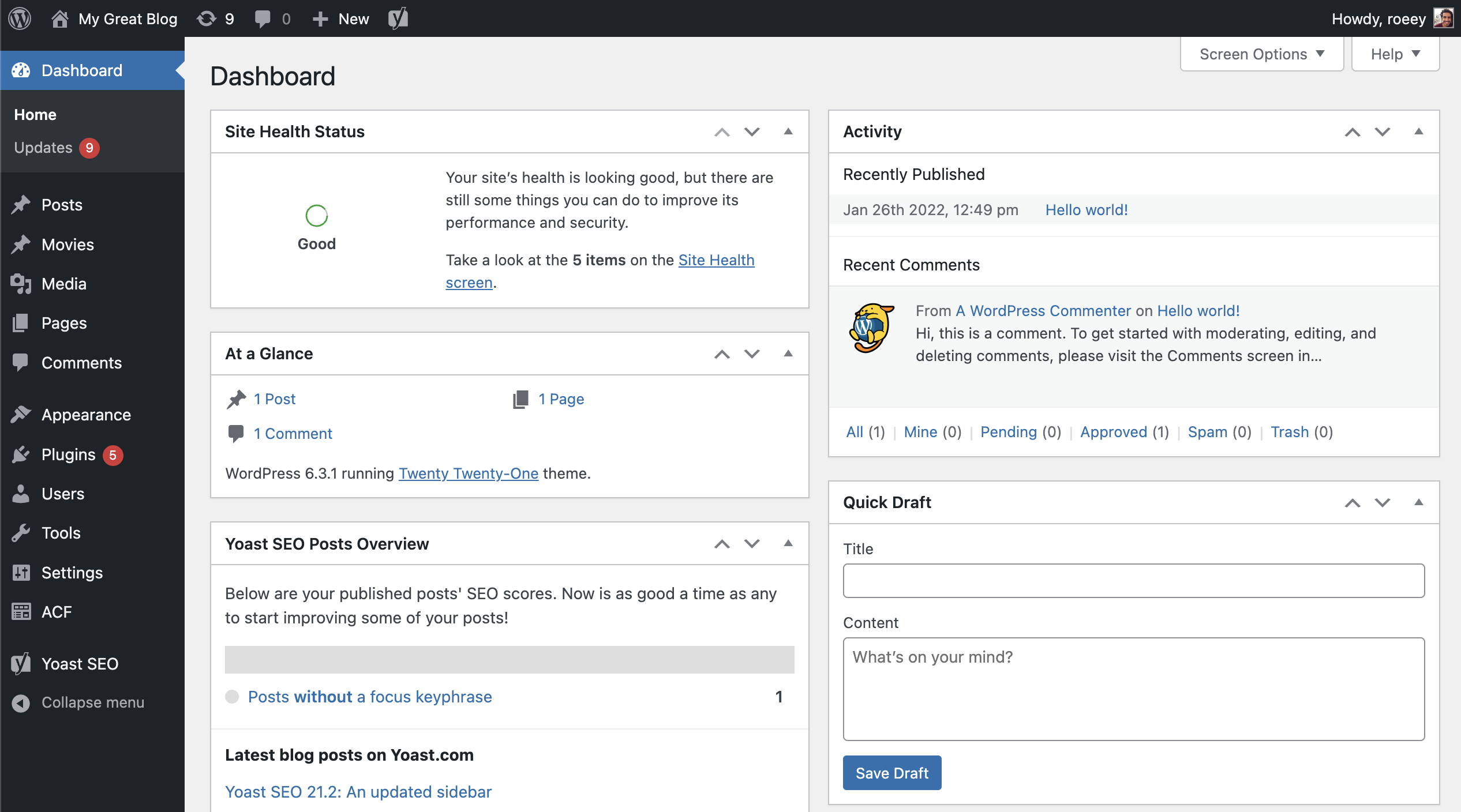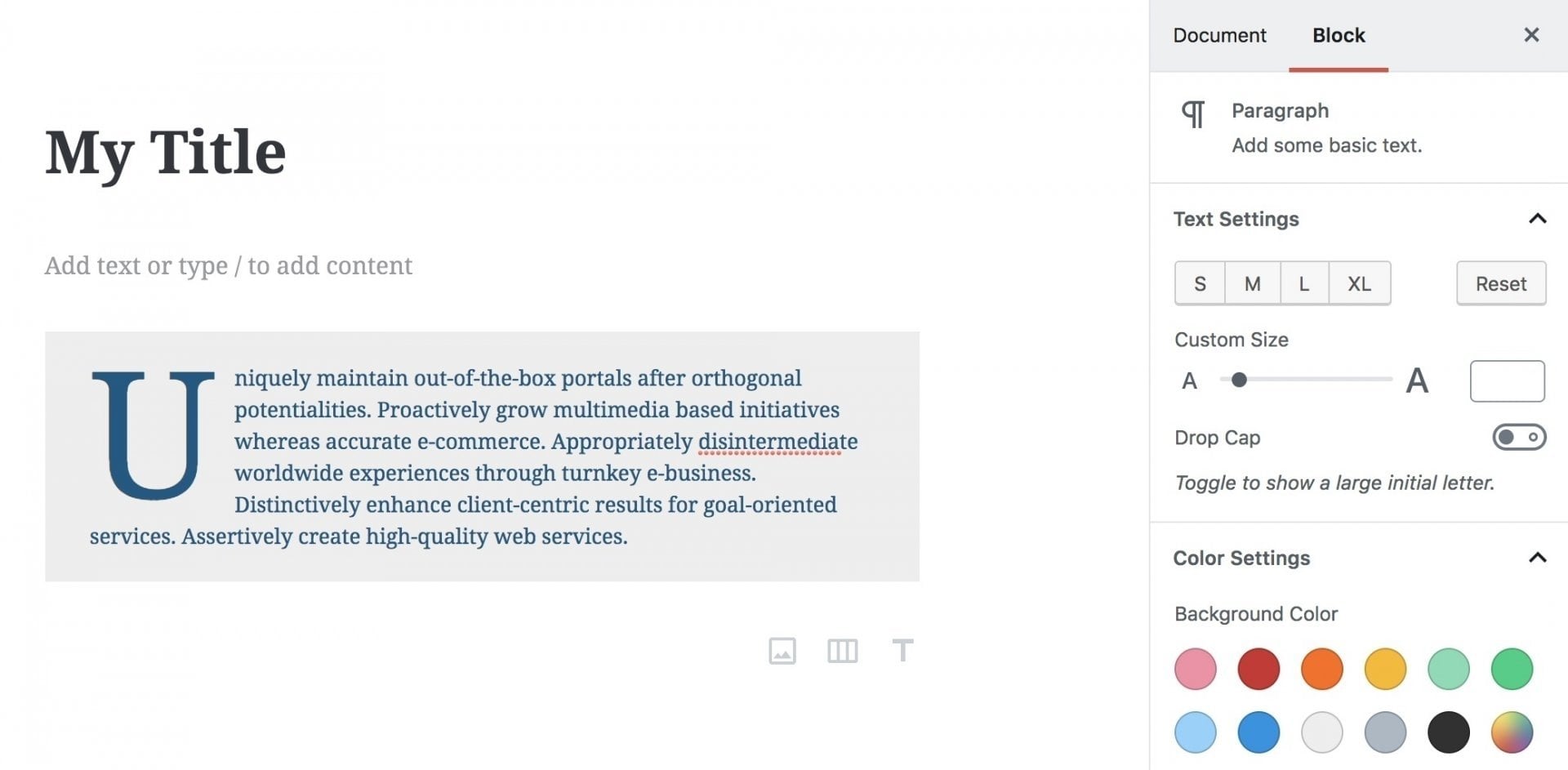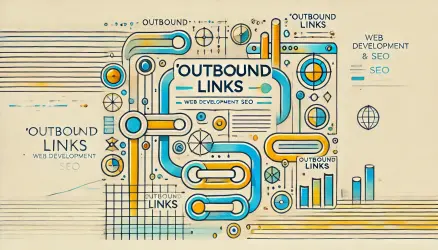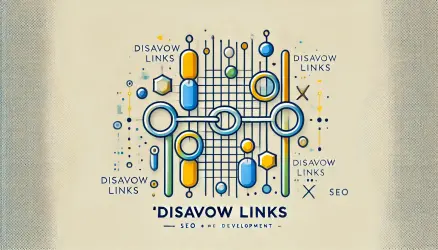Even if you’ve never used WordPress, I’m sure you’ve heard of this Content Management System (CMS). Since its launch in 2003, WordPress has gained momentum and popularity, becoming the best and most useful software solution when it comes to building websites and managing content.
Today, WordPress is used by a very wide range of people and can help you develop a specific hobby, build a prestigious career, or something in between. But what is WordPress exactly?
WordPress is a free website building platform that provides a Content Management System (CMS) written in PHP and open-source code. The system is licensed under GPLv2, allowing anyone to use or modify it freely.
CMS (Content Management System) is a tool that allows easy management of various aspects of the website, primarily content, without the need to know code or programming to change and edit this content.
If we simplify things for those who are not tech-savvy, WordPress is probably the easiest and most powerful system for creating various types of blogs and websites that you can have today, which is probably the reason why so many websites use this robust system.

Websites Built on WordPress
Many have chosen to work with WordPress. The most serious blogs on the web, news sites, music sites, and even many Fortune 500 companies’ websites have chosen to work with WordPress.
Sites like The New York Times, BBC America, MTV News, TechCrunch, and many others use this system to manage their content. The Culture Trip is a website that contains thousands of articles and it also uses WordPress as its content management system.
But before you decide to build your first WordPress site, it’s important to understand the differences between wordpress.com and wordpress.org.
In this article, we will focus on the self-hosted version of WordPress (wordpress.org). Before discussing the differences between the two versions, let’s take a moment to appreciate the cool graphs that Infogram allows you to create
According to W3Techs, WordPress currently powers approximately 43% of all websites on the internet and holds about 60% of the CMS market share, far ahead of any competitor.
Differences between WordPress.com and WordPress.org
Let’s take a look at the differences between wordpress.com and wordpress.org. When we start, it’s important to note that one of the main differences between the two platforms is where your site is hosted (and all the implications that come with it).
If you are using wordpress.org, it means you are the one who hosts your blog or site on your own server with one of the various hosting companies.
This is in contrast to wordpress.com, which takes care of hosting for you so you don’t have to download software, pay for hosting, or manage a server yourself.
Both platforms have their advantages and disadvantages, depending on your needs. You can get a glimpse of the differences between the two versions in the following partial table:
WordPress.org | WordPress.com | |
| Themes & Plugins | Install what you want | Limited options |
| Technical knowledge | Required | Not required |
| Price | Hosting and domain cost | Free |
| Monetization | Full freedom | Limited |
| Professional support | No | Yes |
| E-Commerce sites | Yes | No |
| Membership sites | Yes | No |
Note that wordpress.com offers several plans — some are free, while others are paid and offer greater flexibility. However, they still come with limitations compared to the self-hosted option.
Most bloggers (myself included) recommend using the self-hosted version, wordpress.org. With it, you have complete freedom and control over your site — from design and functionality to monetization and branding.
That said, this flexibility also comes with responsibility. When using WordPress.org, you’re in charge of your website’s security and maintenance.
This includes keeping plugins and themes up to date, creating backups, and taking proactive steps like setting login limits or adding a firewall.
Still, wordpress.com has its merits. If you’re looking for a simple, no-maintenance blogging platform for hobby use, and you’re okay with limited customization, it’s a strong option.
WordPress – A Brief History
In its early days, the software developers saw WordPress as a tool for PHP-based blogs that helps people easily create a blog by choosing a design theme, adding some widgets for displaying text, uploading images, and adding content.
WordPress was designed to provide a user-friendly environment for writing big ideas or articles about cats (more likely). Over time, it attracted a larger audience and gained popularity.
Version after version, a group of volunteers, initially saw WordPress as a blogging tool, but expanded it significantly with each release. From a simple blogging tool, it developed into a full-fledged and fantastic content management system (CMS).
While it started out as a tool just for blogging, it quickly grew into a platform supporting E-Commerce and online stores, news sites, portfolio sites, and nearly any other type of site you can think of.
The number of users, sites, posts, and other content on WordPress reaches tens and hundreds of millions, truly impressive numbers.
But why is WordPress such a popular content management system? Let’s take a look at some of the features that make WordPress the most popular and powerful content management system on the market.
The Power of Open Source
It’s reasonable to assume that WordPress wouldn’t have achieved this level of popularity if it weren’t free. Being an open-source platform, WordPress created an opportunity to attract far more users than it would have as a paid product.
Additionally, with the existence of hundreds of talented developers working to improve and add features to the system (for free), everyone could benefit from continuous support and frequent updates to the system.
There are companies in the world making millions by providing managed hosting services for WordPress, as well as selling themes and plugins specific to WordPress. But there’s no company in the world that sells WordPress itself.
Being an open-source system is also the reason why WordPress is available in over 50 languages! However, there are still many translations that require work.
If you’re interested, you can help translate this content management system into your language, and in our case, into Hebrew…

The Power of Numbers
In a social media-driven world, a community’s strength lies in its membership. This aspect certainly sets WordPress apart and makes it stand out against its competitors.
Right from the start, WordPress was very user-friendly, connecting many individuals who worked on similar projects, and it always had a strong community orientation.
Whether you’re a beginner or an experienced user, you’ll always feel at home with WordPress thanks to its numerous blogs and an immense number of social network groups dedicated solely to it.
There are also a plethora of forums (in addition to WordPress’s support forum) where you can learn new things about the system, meet new people, and receive assistance from them to help your site grow.
WordPress also helps people get out of their comfort zone; there is a large number of WordCamp gatherings – organized events that connect people interested in this content management system. No matter where you live, there’s likely an annual WordPress-related event near you.
Take a look at some WordPress statistics that you shouldn’t ignore…
You Can Build a WordPress Site Without Knowing Code Using Page Builders
All those developers we mentioned earlier made sure that users wouldn’t have to write a single line of code if they didn’t want to.
So, if you’re just getting into web development, want to build a site or a blog, or simply want to learn something new, WordPress is a great place to start.

Today, there are plugins and tools for WordPress (Page Builders) that allow you to design and build pages in WordPress.
You can achieve visually appealing and functional results with them without having to write a single line of code. These plugins make it easier for you to achieve results in many cases without the need for coding.
Though at some point, you may be limited in terms of design and functionality without code, you can still build relatively quick WordPress sites, and many clients are looking for sites built with these Page Builders that are based on templates.
Either way, what I’m trying to convey is that WordPress can be an excellent entry point to the WEB world, which might seem a bit intimidating or complex at first glance.
And if you’re still looking for a WordPress developer, how do you find one and what do you need to know?
As mentioned, even though there’s an option to build a site without writing code using Page Builders.
there are many situations where you’ll need to work with code to achieve specific functionality or design that you simply can’t implement without coding or without the help of a professional web developer.
In case you’re looking for a “WordPress developer,” my recommendations are to pay attention to the following points:
- Ask to see or hear testimonials from clients who worked with that developer in the past.
- Ask to see at least two sites that the potential developer has built. Have them show you the two they’re most proud of.
- Don’t fall for and hire developers who demand a low hourly rate or charge too little in general.
- Demand effective communication from the developer.
Here’s a more comprehensive post I wrote about what you need to know when looking for a professional WordPress developers.
Do You Have to Build a Website in WordPress?
You may have heard people say things like “you have to use WordPress” or “WordPress is the best platform.” While opinions vary, the best choice depends on your specific needs, the type of site you’re building, and your level of technical experience.
That said, WordPress is absolutely worth considering ,even if you don’t end up using it right away. It’s easy to start with, flexible enough to grow with you, and offers a huge ecosystem of themes, plugins, and tools. Once you get familiar with it, you’ll see just how much you can achieve without needing to write code.
WordPress continues to gain popularity worldwide. And if you’re exploring a career in the web industry, whether it’s in development, content writing, translation, design, or project management, having a solid understanding of WordPress is a valuable asset.
You don’t need to be a developer to benefit from WordPress. Just learning the basics can open up a wide range of opportunities.
Pros and Cons of Using WordPress
WordPress has earned its place as the world’s most popular content management system for many reasons. Below are some key benefits that make it a top choice for developers, bloggers, and business owners, as well as a few drawbacks to be aware of.
Top Advantages of Using WordPress
- Open-source and free: WordPress is completely free to use and customize, with a vast community of contributors.
- Easy to use: Even non-developers can manage content, install plugins, and update themes with minimal effort.
- Highly customizable: Thousands of themes and plugins allow you to create any type of website, from blogs to e-commerce stores.
- SEO-friendly: WordPress is built with SEO in mind and integrates easily with plugins like Rank Math or Yoast SEO.
- Multilingual support: With plugins like Polylang or WPML, you can build multilingual websites with ease.
- Large community and support: Extensive documentation, forums, and tutorials are available online.
- Secure and regularly updated: Frequent updates and security patches help keep your site safe.
- Scalable and future-proof: WordPress can grow with your needs, from a simple blog to a complex web app.
- Integration ready: Easily connects with tools like Google Analytics, MailChimp, WooCommerce, and more.
Some Disadvantages to Consider
- Maintenance required: You’re responsible for updates, backups, and overall site upkeep (unless using managed hosting).
- Security risks: Popularity makes WordPress a common target for attacks; you need to follow security best practices.
- Performance optimization: Without proper configuration, WordPress sites can become slow, especially with too many plugins.
- Plugin conflicts: Some plugins may not work well together or with your theme, requiring troubleshooting.
- Learning curve: While user-friendly, mastering WordPress development or advanced customization can take time.
- Frequent updates: Regular core, theme, and plugin updates are necessary and can sometimes break functionality.
- Not fully drag-and-drop out of the box: For true visual editing, you need to rely on additional page builder plugins.
The Evolving Future of WordPress
WordPress continues to evolve, offering robust support for additional languages, continuous system improvements, and groundbreaking features. Two innovations have played a crucial role in shaping the modern WordPress experience: the Gutenberg Editor and the REST API.
1. The Gutenberg Editor: Transforming Content Creation
Since its introduction in WordPress 5.0, the Gutenberg Editor has revolutionized content creation by adopting a block-based approach. Gutenberg allows users to build complex layouts with ease, offering a flexible and intuitive experience compared to the classic editor.
Now a central feature of WordPress, Gutenberg continues to expand with new blocks, enhanced customization options, and seamless integration with third-party tools. It has transformed how developers and content creators approach website design, enabling block-based editing for full site customization, including headers, footers, and sidebars.
From static pages to dynamic posts, Gutenberg provides an all-in-one solution for creating visually compelling and functional websites without relying heavily on additional plugins or coding.
2. REST API: Unlocking New Possibilities
The REST API has been a game-changer, enabling developers to interact with WordPress programmatically. By providing a standardized way to retrieve, update, and manage content, the REST API allows WordPress to serve as a powerful backend for various applications.
Developers can now create headless WordPress sites, mobile applications, and custom web solutions using modern frameworks such as React, Vue.js, or Angular. The REST API opens the door for endless possibilities, empowering developers to build dynamic, high-performance websites and applications that leverage WordPress’s capabilities.
Whether it’s integrating with third-party services or building fully customized experiences, the REST API ensures WordPress remains a flexible and future-proof platform for web development.
Frequently Asked Questions About WordPress
Quick answers to common questions about using WordPress.
In Conclusion
WordPress has become the most popular content management system for creating blogs and websites. There are many reasons for this, and we have mentioned only a few of them in the article. If you’ve decided to enter this world as developers, I think you’ll find a fascinating and robust system.
Anyway, now that you’ve been introduced to WordPress – it’s time to get to know it better. At Savvy Blog, you will find numerous guides, articles, and tips related to WordPress and its environment, articles on WordPress development, improving the speed of WordPress sites, and even many guides related to Search Engine Optimizations.
You are more than welcome to join the mailing list and receive a monthly email about new posts. You can also get updates on the Facebook page of the blog, I’d be happy if you follow it 🙂



